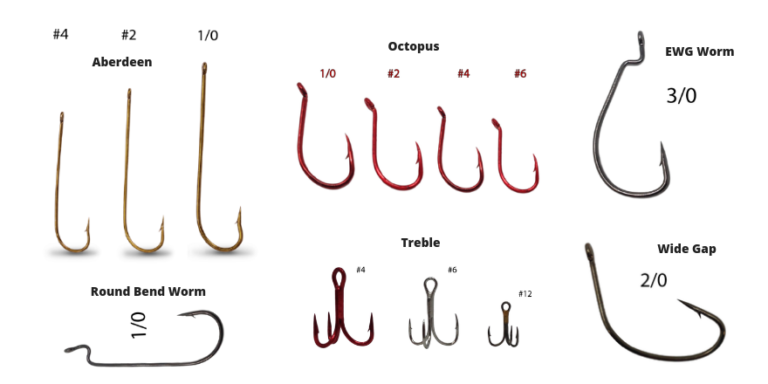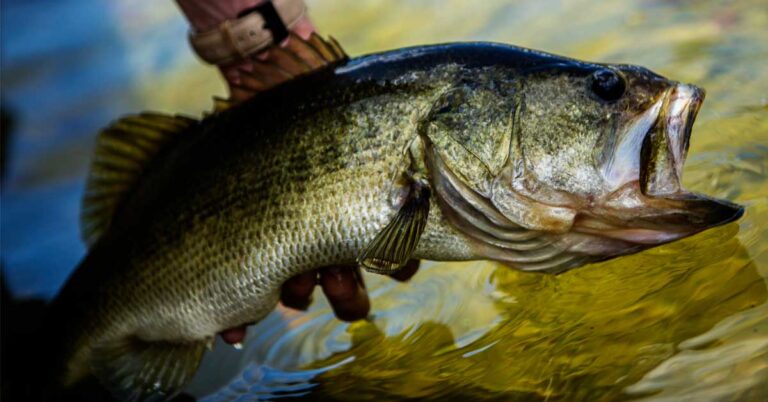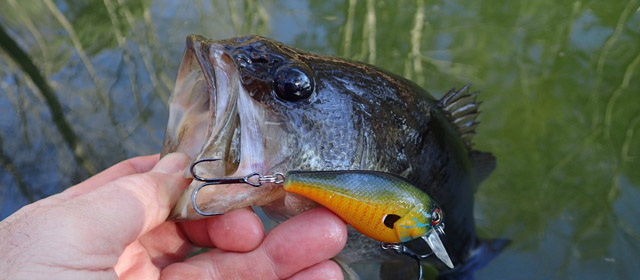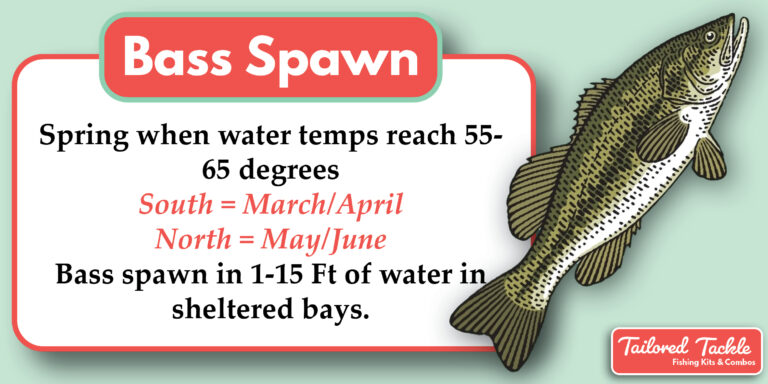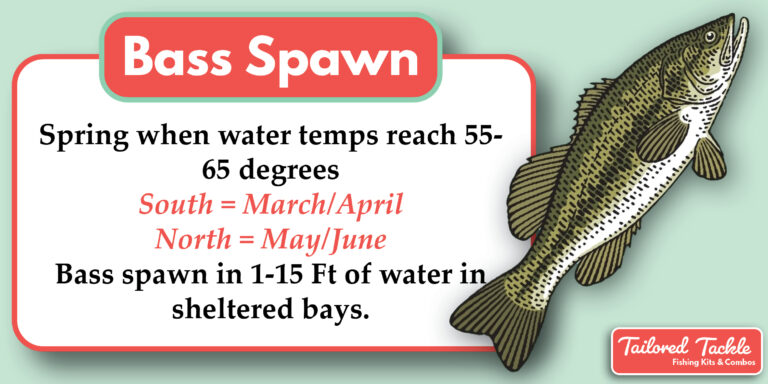How Big Can a Bass Get
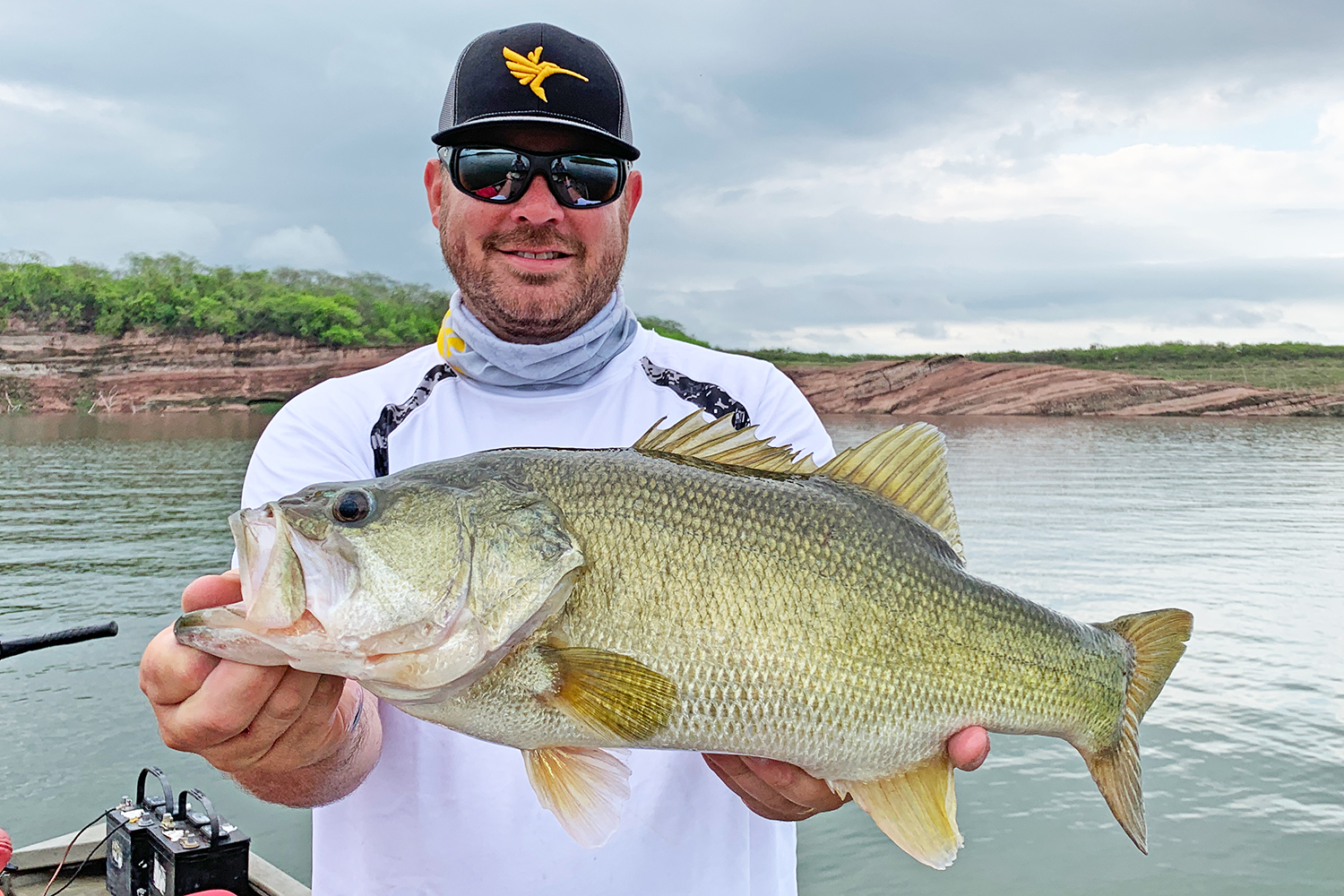
Largemouth bass can grow up to 29.5 inches long and weigh as much as 25 pounds. Smallmouth bass reach a maximum of 27 inches and 12 pounds.
Bass, both largemouth and smallmouth, are among the most sought-after freshwater game fish, attracting anglers with their reputation for a challenging fight and potential for considerable size. Generally found in the warm, calm waters of North America, the largemouth bass, particularly, is a species that pushes the limits of growth in suitable habitats.
Thriving in lakes, rivers, and reservoirs, these fish owe their size to factors such as forage availability, genetic potential, and length of growing season. Although records show exceptional specimens, the average bass is much smaller, commonly found in the 2 to 5-pound range. Understanding the growth potential of bass is crucial for fishing enthusiasts aiming to catch a trophy fish, and for conservationists managing these popular species for sustainable recreation.
Sizes Of Bass Around The World
Bass sizes can differ greatly due to species variation and environmental factors. The largemouth bass, a common North American species, typically grows between 12 to 24 inches. On the flip side, smallmouth bass reach 14 to 20 inches. European sea bass have a different growth range, usually achieving a length of 20 to 28 inches.
Some bass species have made notable marks due to their impressive sizes. The world record largemouth bass weighed 22 pounds and 4 ounces, caught in Georgia, USA. The giant sea bass, native to the Pacific Ocean, has been known to reach over 500 pounds, a real titan of the waters. Striking anomalies these sizes showcase the extreme potential of bass growth.
Growth Factors For Bass
The size of a bass fish varies due to several growth factors. Two main elements are its genetic makeup and the environmental conditions it lives in. Bass with large growth genes can reach impressive sizes. Yet, their growth potential can be limited by their habitat.
Factors like water quality, availability of food, and competition can influence growth greatly. Optimal conditions allow bass to reach their maximum size potential. Poor conditions can stunt their growth.
Diet’s Impact On Bass Growth
Bass grow large by eating a variety of prey. They often hunt smaller fish, insects, and crustaceans. Their feeding habits can include ambush predation, where they wait for an unsuspecting fish to swim by.
Feeding is most intense during the dawn and dusk. This is because their prey is most active then. Aquaculture has shown that bass can grow significantly larger with consistent food sources.
Aquaculture also introduces the concept of overfeeding. Excess food leads to faster growth rates. But, it can also cause health issues for the bass.
Proper feeding in fish farms is crucial for the health of bass. Managing the amount of food and nourishment levels helps ensure optimal growth.
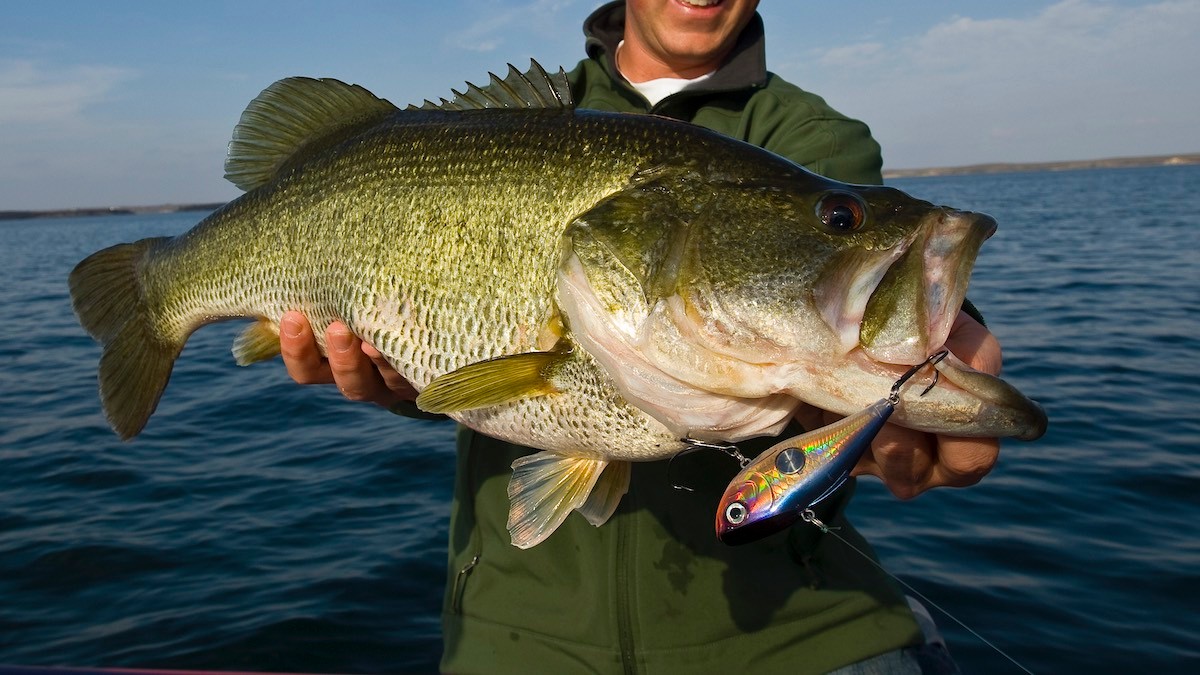
Credit: www.themeateater.com
Age And Lifespan Of Bass
Young bass, also known as juveniles, grow quickly. Their growth rates are high in the early years. Optimal conditions like warm water and plenty of food help them grow faster. This rapid growth slows down as they age.
Bass lifespans vary, but many live up to 10-16 years. During this time, they continue to grow. Yet, after a certain age, their size increase plateaus. This means they stop getting much bigger. Factors like habitat, food availability, and genetics influence their maximum size.
Human Influence On Bass Size
Fishing practices change how big a bass can grow. People catch big fish for fun and food. Big fish do not lay eggs. So, small fish become most common.
Habitat alterations also impact bass size. Clean water and good plants help fish grow. Dirty water and few plants make growth hard. We change lands and harm fish homes.

Credit: foxchattanooga.com

Credit: www.astrofish.me
Frequently Asked Questions For How Big Can A Bass Get
What Is The Largest Bass Ever Caught?
The largest bass on record is a 22-pound, 4-ounce largemouth bass, caught by George Perry in Georgia, 1932.
How Big Is A Full Grown Bass?
A full-grown bass typically reaches a length of 10 to 20 inches and can weigh between 2 to 12 pounds, depending on the species.
How Old Is A 10lb Bass?
A 10lb bass typically ranges from 8 to 10 years old, depending on factors like habitat and food availability.
Is A 10 Pound Bass Rare?
Catching a 10 pound bass is quite rare, as these fish are exceptional specimens, especially in heavily fished or pressured areas.
Conclusion
Exploring the size of bass has revealed a fascinating aspect of freshwater fishing. Records show these fish can reach significant weights and lengths. As anglers, respecting their habitats ensures we can continue marveling at their growth. Always practice sustainable fishing to maintain healthy bass populations for generations to come.
Let’s keep reeling in those giants.
